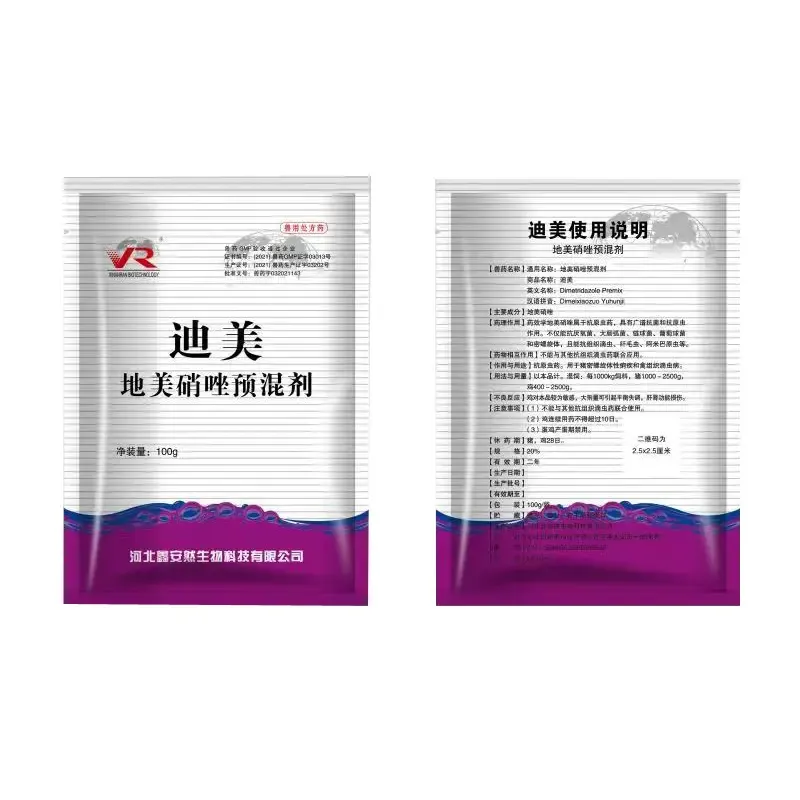- Afrikaans
- Albanian
- Amharic
- Arabic
- Armenian
- Azerbaijani
- Basque
- Belarusian
- Bengali
- Bosnian
- Bulgarian
- Catalan
- Cebuano
- Corsican
- Croatian
- Czech
- Danish
- Dutch
- English
- Esperanto
- Estonian
- Finnish
- French
- Frisian
- Galician
- Georgian
- German
- Greek
- Gujarati
- Haitian Creole
- hausa
- hawaiian
- Hebrew
- Hindi
- Miao
- Hungarian
- Icelandic
- igbo
- Indonesian
- irish
- Italian
- Japanese
- Javanese
- Kannada
- kazakh
- Khmer
- Rwandese
- Korean
- Kurdish
- Kyrgyz
- Lao
- Latin
- Latvian
- Lithuanian
- Luxembourgish
- Macedonian
- Malgashi
- Malay
- Malayalam
- Maltese
- Maori
- Marathi
- Mongolian
- Myanmar
- Nepali
- Norwegian
- Norwegian
- Occitan
- Pashto
- Persian
- Polish
- Portuguese
- Punjabi
- Romanian
- Russian
- Samoan
- Scottish Gaelic
- Serbian
- Sesotho
- Shona
- Sindhi
- Sinhala
- Slovak
- Slovenian
- Somali
- Spanish
- Sundanese
- Swahili
- Swedish
- Tagalog
- Tajik
- Tamil
- Tatar
- Telugu
- Thai
- Turkish
- Turkmen
- Ukrainian
- Urdu
- Uighur
- Uzbek
- Vietnamese
- Welsh
- Bantu
- Yiddish
- Yoruba
- Zulu
10 月 . 07, 2024 06:04 Back to list
oxytetracycline hydrochloride injection ip vet
Oxytetracycline Hydrochloride Injection A Comprehensive Overview for Veterinary Use
Oxytetracycline hydrochloride is a broad-spectrum antibiotic widely utilized in veterinary medicine for the treatment and prevention of various bacterial infections in animals. This antibiotic belongs to the tetracycline class, which is known for its effectiveness against gram-positive and gram-negative bacteria, as well as certain protozoa. Its introduction to veterinary practice has revolutionized the approach to managing infectious diseases in livestock, pets, and other animals.
Mechanism of Action
Oxytetracycline operates by inhibiting bacterial protein synthesis. It achieves this by binding to the 30S ribosomal subunit of the bacteria, which prevents the attachment of aminoacyl-tRNA to the mRNA-ribosome complex. This mechanism disrupts the production of essential proteins vital for bacterial growth and reproduction, ultimately leading to the death of the bacteria or the halting of their proliferation.
Indications and Uses
Oxytetracycline hydrochloride injection is commonly indicated for a variety of conditions caused by susceptible bacteria. It is primarily used to treat respiratory infections, urinary tract infections, skin infections, and systemic infections in animals. Additionally, it has shown efficacy against diseases such as leptospirosis, brucellosis, and certain mycoplasma infections. Its ability to penetrate tissues and reach therapeutic concentrations makes it particularly useful for treating complicated infections.
In livestock, oxytetracycline is often used for prophylactic purposes to prevent outbreaks of infectious diseases, especially in large populations. It is administered during stressful periods, such as weaning or transport, to minimize the risk of infections. Some veterinarians also utilize it in combination with other medications to enhance therapeutic outcomes, particularly in severe infections where a multi-faceted approach is necessary.
oxytetracycline hydrochloride injection ip vet

Administration and Dosage
The administration of oxytetracycline hydrochloride requires careful consideration of the dosage and route of administration to ensure both efficacy and safety. The medication can be given through intramuscular or intravenous injection, allowing for rapid absorption and immediate therapeutic effects. Dosages typically vary based on the species being treated, the severity of the infection, and the animal's weight. It is crucial for veterinarians to follow established guidelines and adjust dosages as needed to avoid toxicity.
Safety and Side Effects
While oxytetracycline is generally regarded as safe for use in veterinary medicine, there are potential side effects that practitioners should be aware of. Some animals may experience gastrointestinal upset, including nausea and diarrhea. Allergic reactions, though rare, can occur and may manifest as skin rashes, swelling, or anaphylaxis. Prolonged use of tetracycline antibiotics could also lead to the development of antimicrobial resistance, which is a growing concern in both human and veterinary medicine.
Additionally, certain species, such as young puppies or kittens, may be more susceptible to dental discoloration if treated with tetracycline before their adult teeth have developed. Therefore, veterinary practitioners must weigh the benefits against the risks and consider alternatives when appropriate.
Conclusion
Oxytetracycline hydrochloride injection remains a cornerstone in the fight against bacterial infections in veterinary medicine. Its broad-spectrum activity, effectiveness, and relatively straightforward administration make it a valuable tool for veterinary practitioners. However, responsible use, including adherence to recommended dosages and awareness of potential side effects, is crucial to ensure the ongoing effectiveness of this antibiotic. As veterinary medicine evolves, continuous education on antimicrobial stewardship will play a vital role in preserving the efficacy of oxytetracycline and other antibiotics in treating infections in animals, thus ensuring better health outcomes for our beloved pets and livestock.
-
The Power of Radix Isatidis Extract for Your Health and Wellness
NewsOct.29,2024
-
Neomycin Sulfate Soluble Powder: A Versatile Solution for Pet Health
NewsOct.29,2024
-
Lincomycin Hydrochloride Soluble Powder – The Essential Solution
NewsOct.29,2024
-
Garamycin Gentamicin Sulfate for Effective Infection Control
NewsOct.29,2024
-
Doxycycline Hyclate Soluble Powder: Your Antibiotic Needs
NewsOct.29,2024
-
Tilmicosin Premix: The Ultimate Solution for Poultry Health
NewsOct.29,2024













